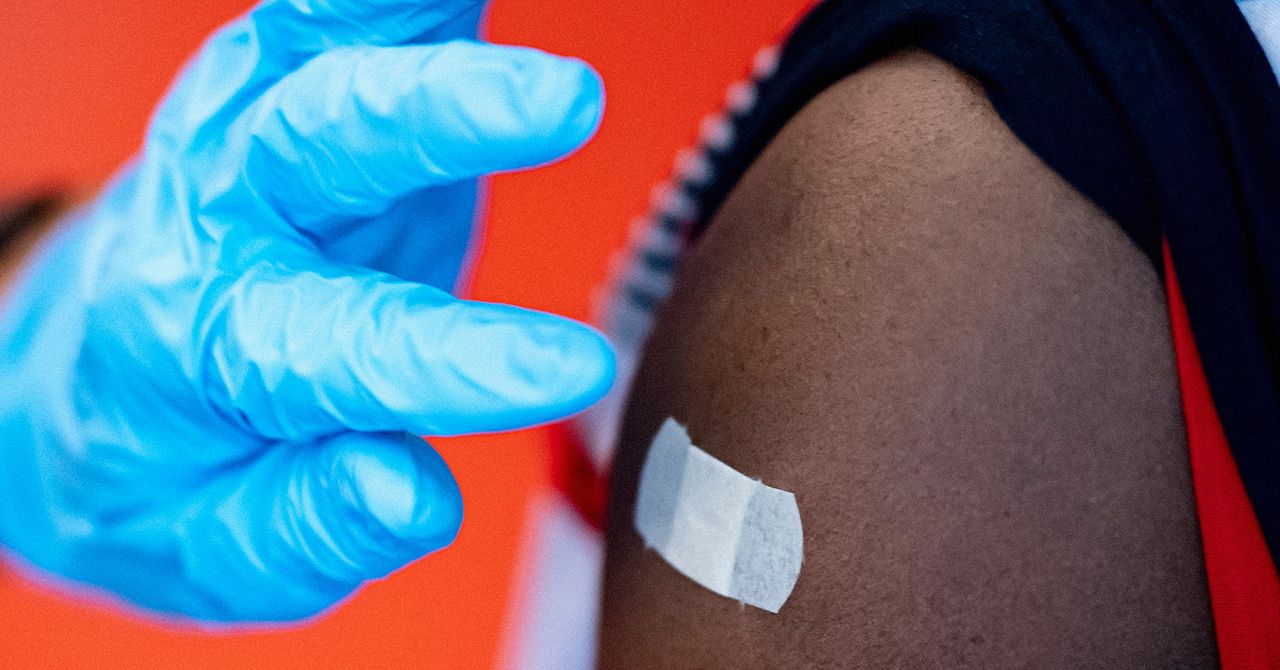Vaccines against Covid-19 are about to be widely available in the US again, after several weeks of confusion over who might get them this fall. Uncertainty over federal vaccine policy has caused a temporary disparity in access across the country, with vaccines being offered in some places and not others.
This week, the Centers for Disease Control and Prevention released new direction around the use of Covid vaccines, abandoning a broad vaccination recommendation and leaving the choice to individuals. While this is a change in official CDC policy, the guidance allows vaccines to be rolled out in pharmacies and allows states to offer them again to people of all ages.
Before this fall, the CDC universally recommended the Covid vaccine for anyone aged 6 months or older. The agency’s new guidance, written by a group of experts hand-picked by Health and Human Services Secretary Robert F. Kennedy Jr., says individuals should consult a health care provider before getting vaccinated, something the agency calls “individual decision-making.” The CDC definition of providers includes doctors, nurses, and pharmacists.
“Informed consent is back,” Jim O’Neill, acting director of the CDC and deputy secretary of the Department of Health and Human Services (HHS), said in a statement. Statement of October 6. “The CDC’s 2022 blanket recommendation for perpetual Covid-19 booster shots has discouraged health care providers from talking about the risks and benefits of vaccination for each patient or parent. That changes today.”
Kennedy, a longtime vaccine skeptic, first decided to restrict Covid vaccines in May, when he announced that the CDC would no longer recommend them for healthy children and pregnant women.
The confusion intensified in August, when the Food and Drug Administration approved updated Covid vaccines, but only for adults aged 65 and older and younger people with health conditions that put them at risk. higher risk of serious illness. Previously, Covid injections were indicated for anyone aged 6 months and older. Due to different state laws that determine pharmacists’ scope of practice, the change prompted pharmacies in some states to require a prescription, while in others they stopped offering the shots altogether. Several states, however, have taken rapid steps to restore access.




